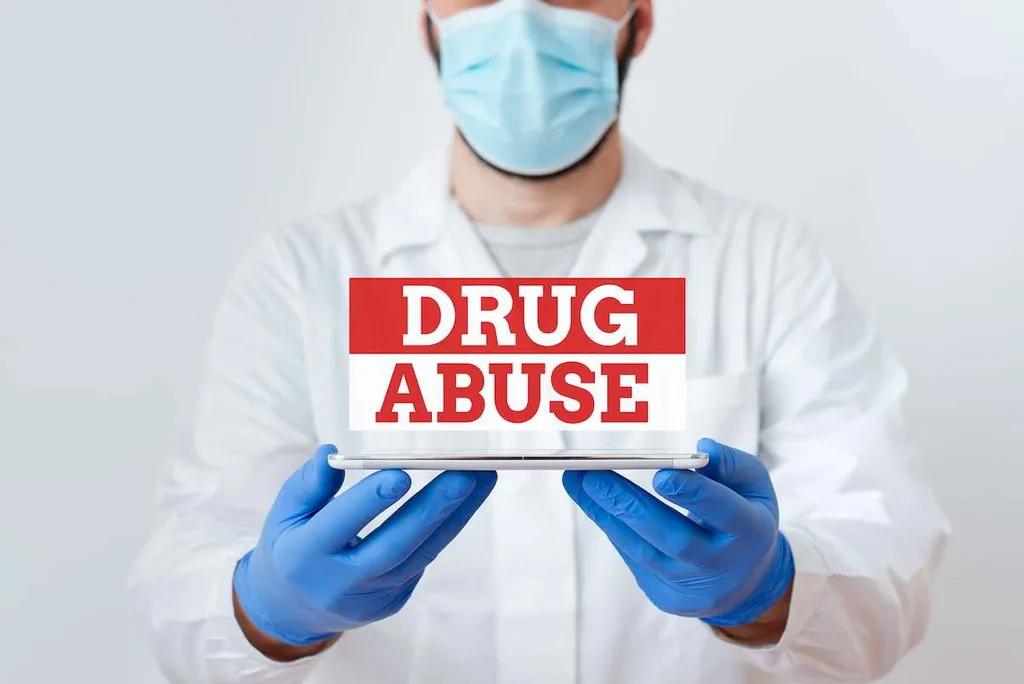
But less-known is that drinking too much alcohol isn’t doing our immune system any favors and can actually reduce how well it functions. If you want to quit drinking, start by talking to your doctor. They can recommend treatment options what happens when you stop drinking that can help, including therapy and medications. One of the most significant benefits of giving up alcohol is that you may increase your lifespan. Alcohol misuse can lead to serious health problems like liver disease and cancer. So, giving up alcohol can help you to avoid these potentially deadly diseases.
Relapse Isn’t Part of Recovery. It’s Part Of Addiction.
- Many people who use alcohol heavily for a prolonged period often don’t even recognize the perpetual fog that alcohol creates.
- Yesterday, we answered all your questions about how this could impact the money in your wallet – you can rewatch the special segment on Business Live below…
- Your risk of developing cancer will decrease, and your liver function will have greatly improved.
- Of course, giving up alcohol is not always easy, and there may be some challenges along the way.
- “Without improving health in other aspects, removing fluoride from the water will put the oral health of millions of Americans at risk,” Schwartz warned.
- Today, our weekly Savings Guide, a look at why London is losing millionaires, and how to save money on your passport.
If your alcohol use distracted you from skin and hair hygiene, then the effects of sobriety can be even greater. After four weeks of hair growth without the effects of alcohol, your hair may appear fuller and more supple. Around the same time, you may notice your sense of taste and smell has improved, as your respiratory passages clear. Your blood pressure and heart rate will also fall to healthier levels. You may feel less tightness in your chest and notice yourself getting less out of breath. They also noticed that levels of proteins in the blood that promote cancer growth, namely epidermal growth factor (EGF) and vascular endothelial growth factor (VEGF) decreased by around 73% and 41%, respectively.
After a month:

“Giving your body six months of water absorption will improve your digestion and constipation,” says Dr. Mosquera. While these areas may take the greatest hit from regular drinking, they aren’t the only ones affected. Alcohol’s inflammatory properties don’t just affect the liver — the stomach can also become inflamed, which, along with the dehydration, can affect digestion and lead to constipation. While your liver and stomach can usually rebound if you stop drinking, with inflammation comes an increased cancer risk over time.
Timeline of Changes After You Stop Drinking Alcohol

Heavy drinkers may experience confusion and memory problems when they quit. If all of that sounds good to you, let’s dive deeper into the long-term benefits of quitting alcohol. Halfway house For people with a history of chronic alcohol use, it may take a little longer. There is no one-size-fits-all timeline to quitting alcohol, unfortunately. There’s the fear of “never drinking again,” the intensity of cravings, agitation, sleeplessness, and a myriad of other hair-raising symptoms that make the first week feel a year. With that caveat in mind, let’s examine an approximate breakdown of what happens at longer-term milestones along the quitting alcohol timeline.
- Alcohol withdrawal is a potentially serious complication of alcohol use disorder.
- Many people who decide to quit drinking notice a significant improvement in both their physical and mental health within just a few weeks.
- Unfortunately, while alcohol may make it seem like you are falling asleep quicker, it can also lead to worse sleep quality.
- One reason for the improved moods is that your dopamine levels normalize after going sober.
Is Alcohol Bad for Your Skin?
This condition can be fatal without proper medical intervention. Brittany Burke Robert, the author of this article, has written about health for Oprah Daily, Well+Good, Livestrong, Reebok and other publications and digital brands for over 15 years. She has extensive experience working alongside clinicians and providers to create physical and mental well-being content that’s useful, informative, and clinically effective.


There’s also likely to be some weight loss within a month, due to the absence of the calories you were ingesting in alcohol (as long as you haven’t swapped them for equally high-calorie comfort foods). Alcohol causes you to produce excessive amounts of urine, leading to dehydration. If you’ve been drinking for a while, you will probably be surprised by how much being sufficiently hydrated improves your health. Chronic dehydration can affect how you feel, how your skin looks, your hair quality and your overall well-being. By the first week after stopping alcohol, you will be more hydrated. The effects of being well-hydrated will continue to build, having more positive results as you continue sobriety.
- Recognize situations or environments that may lead you to drink more (like certain friends who like to party or Thursday night karaoke).
- Firstly, it affects which hormones and neurotransmitters are released, leading to the wrong messages being sent out.
- The effects of alcohol can even make you abusive or cause you to harm others emotionally.
- Though you may crave a drink, you shouldn’t experience other physical side effects of alcohol withdrawal anymore.